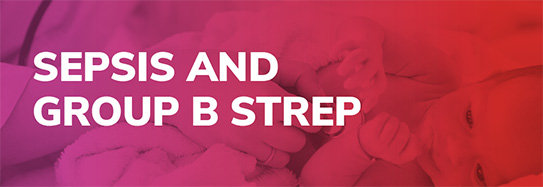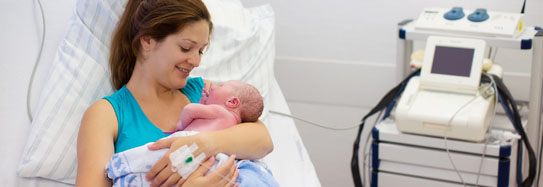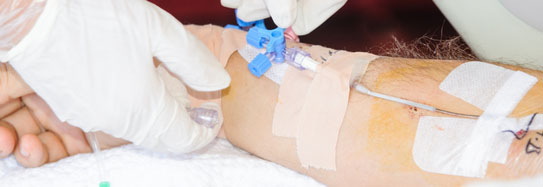Group B strep bacteria, commonly found in your intestines and lower gastrointestinal (GI) tract, can cause serious complications for newborns, older people, and those with certain chronic illnesses, like diabetes. People who develop a group B strep infection could develop sepsis.
Sepsis, which was often called blood poisoning, is the body’s life-threatening response to infection. Like strokes or heart attacks, sepsis is a medical emergency that requires rapid diagnosis and treatment.
Suggested Citation:
Sepsis Alliance. Sepsis and Group B Streptococcus. 2024 https://www.sepsis.org/sepsisand/group-b-strep/
Updated January 5, 2024.










































